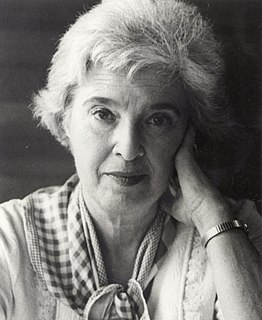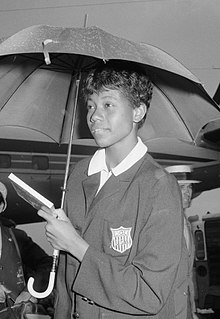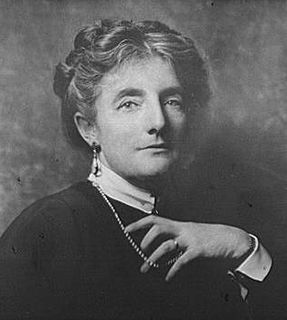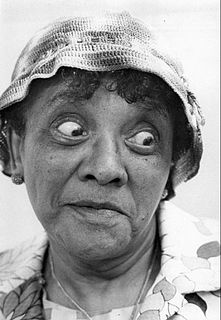A Quote by Gerda Lerner
. . . black women . . . are trained from childhood to become workers, and expect to be financially self-supporting for most of their lives. They know they will have to work, whether they are married or single; work to them, unlike to white women, is not a liberating goal, but rather an imposed lifelong necessity.
Related Quotes
Feminism insists on women's right to make choices - about whether to marry, whether to have children, whether to combine work and family or to focus on one over the other. It also urges men and women to share the joys and burdens of family life and calls on society to place a higher priority on supporting caregiving work.
...black women write differently from white women. This is the most marked difference of all those combinations of black and white, male and female. It's not so much that women write differently from men, but that black women write differently from white women. Black men don't write very differently from white men.
The legacy of women's war work is our present post-industrial employment structure. It was the war that created the demand for a technologically advanced, de-skilled, low-paid, non-unionized female workforce and paved the way for making part-time work the norm for married women now. A generation later, it was the daughters of wartime women workers who completed their mothers' campaign for equal pay.
Women have to make a living. We don't live in a wealthy world where we even have a choice. We're losing our choice of whether or not we need to work. If we want to work, we obviously should work and have that choice, but a lot of women can't even get to the word "want." They need to work. And it's great to see women who needed to work and found a way to become a firefighter or a steel worker. That, to me, is very exciting.
Black women must help black men understand their full potential lies not in denying black women full access to their humanity and opportunity, but in working diligently to overcome the odds that hamper our progress. Yes, some of that is self-imposed, and we must confront it; and much of it comes from outside. But without courageous and brilliant black women, our communities are greatly diminished.
I know black women in Tennessee who have worked all their lives, from the time they were twelve years old to the day they died. These women don't listen to the women's liberation rhetoric because they know that it's nothing but a bunch of white women who had certain life-styles and who want to change those life-styles.
There are many things that black women can continue to do to help black folk. First, black women have historically been among the most vocal advocates for equality in our community. We must take full advantage of such courage by continuing to combat the sexism in our communities. Black women, whether in church, or hip-hop, don't receive their just due. Second, when black women are in charge of child-rearing, they must make ever so sure to raise black children who respect both men and women, and who root out the malevolent beliefs about women that shatter our culture.






































